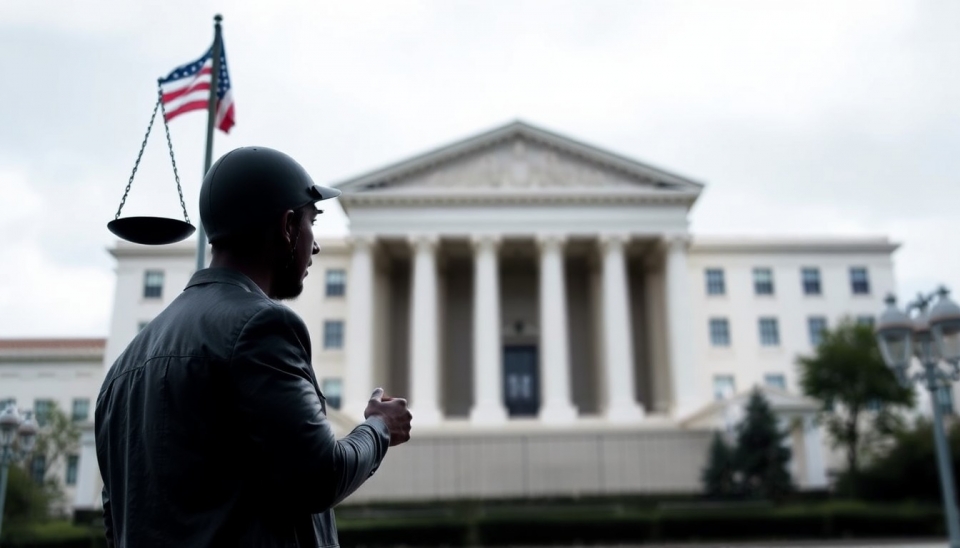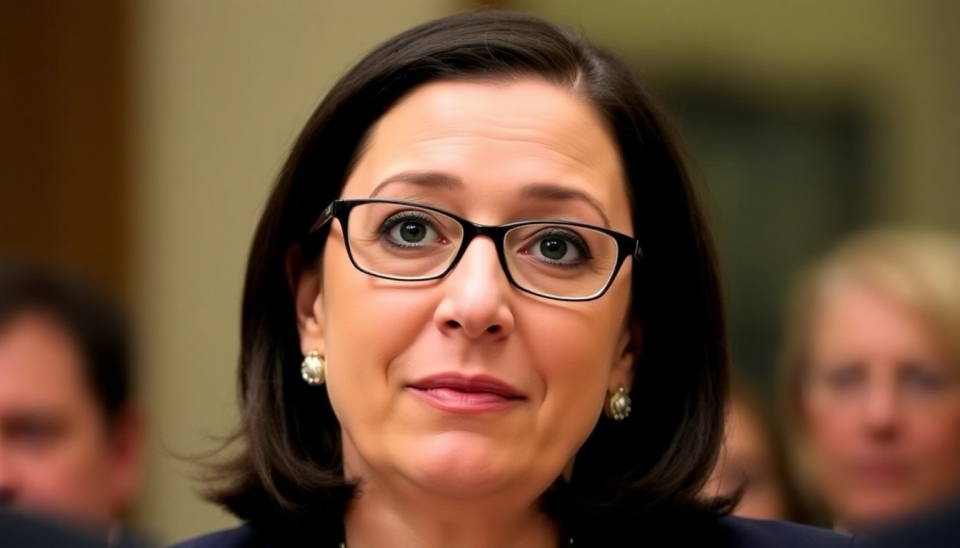
As the 2024 presidential elections approach, major technology companies seem to be taking a more conciliatory approach towards former President Donald Trump compared to their previous stance during his tenure. Back in 2020, many tech giants took a firm stand against Trump, often banning him from their platforms due to concerns about misinformation and the incitement of violence. However, this time around, there's a noticeable shift in their dynamics with him, prompting discussions about the implications for the upcoming elections and the political landscape.
Recent moves by leading social media platforms indicate a tempered stance. For instance, Twitter, now under the ownership of Elon Musk, reinstated Trump’s account after a previous ban, which could signal a more lenient attitude toward controversial figures. Similarly, Meta has also lifted restrictions, allowing Trump greater freedom to engage with voters. These decisions suggest that tech companies may be more interested in maintaining user engagement rather than alienating large swaths of their user base during a critical election cycle.
The shift in approach could be driven by various factors. As 2024 looms, the potential for increased political advertising revenue is a tempting prospect for these companies. There's also the added pressure from users and stakeholders who argue for free speech and the need for a diversity of viewpoints within public discourse. In particular, many within Silicon Valley are examining how the previous bans adversely affected their platforms’ perception of fairness, which could have long-term repercussions for their business models.
The cautious strategy being adopted by Big Tech underscores a potential pivot towards pragmatism, where the goal may not only be to uphold community standards but also to capitalize on the contentious political environment that attracts significant user engagement. Analysts are closely watching how this affects the political dialogue and the fundamental role of technology in shaping public opinion as the elections approach.
As the election campaign picks up momentum, how these companies navigate their relationships with political figures like Trump will be pivotal. The considerable influence of social media in modern politics raises questions about the responsibilities of these firms in regulating content and fostering a fair environment for all voices, regardless of how unpopular some of those voices may be. With Trump’s return to the national stage, the spotlight is on Big Tech once again to see if they’ll uphold their previous commitments to curbing misinformation or prioritize profit and platform engagement.
The stakes are high, and the consequences of their decisions could resonate well beyond the election, affecting the public’s trust in the media and technology at large. The evolving relationship between these tech giants and political figures will undoubtedly continue to spark debate as the nation heads toward another pivotal election.
Ultimately, it seems that Big Tech is bracing itself for a dynamic and contentious election season, where the balancing act of engagement, profitability, and responsibility will be tested like never before.
#BigTech #Trump2024 #SocialMediaPolitics #Election2024 #DigitalFreeSpeech #PoliticalAdvertising
Author: John Miller




